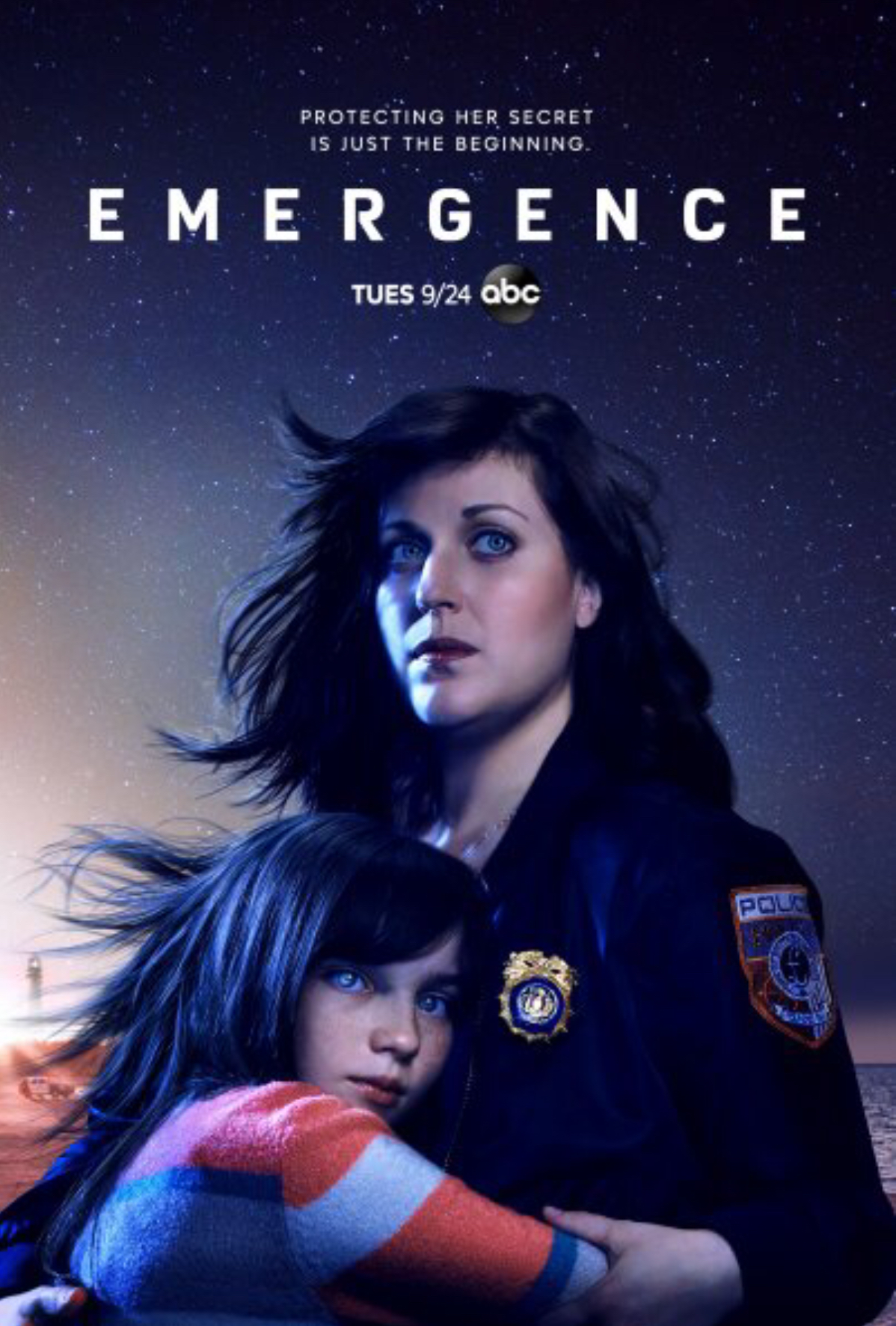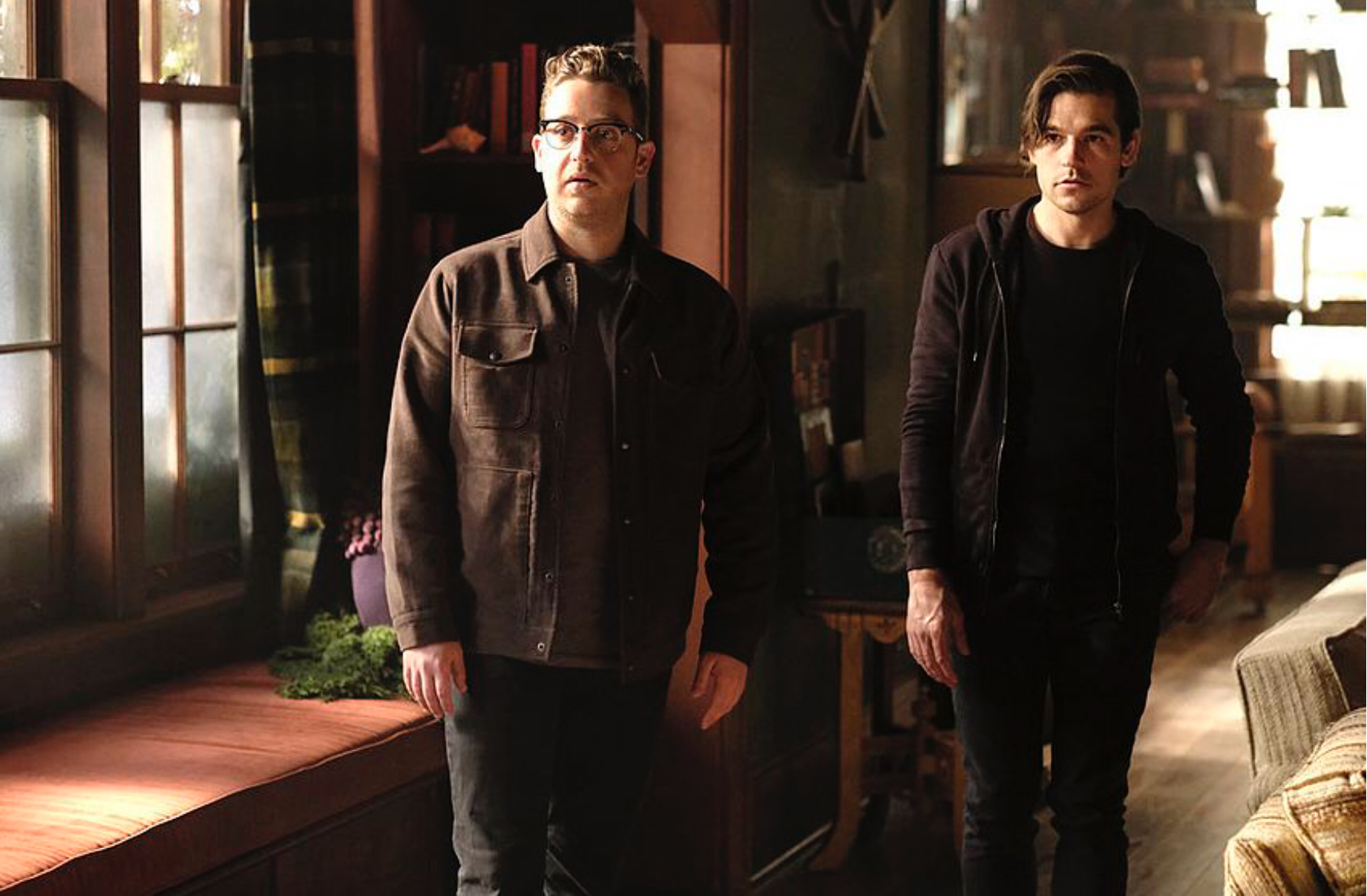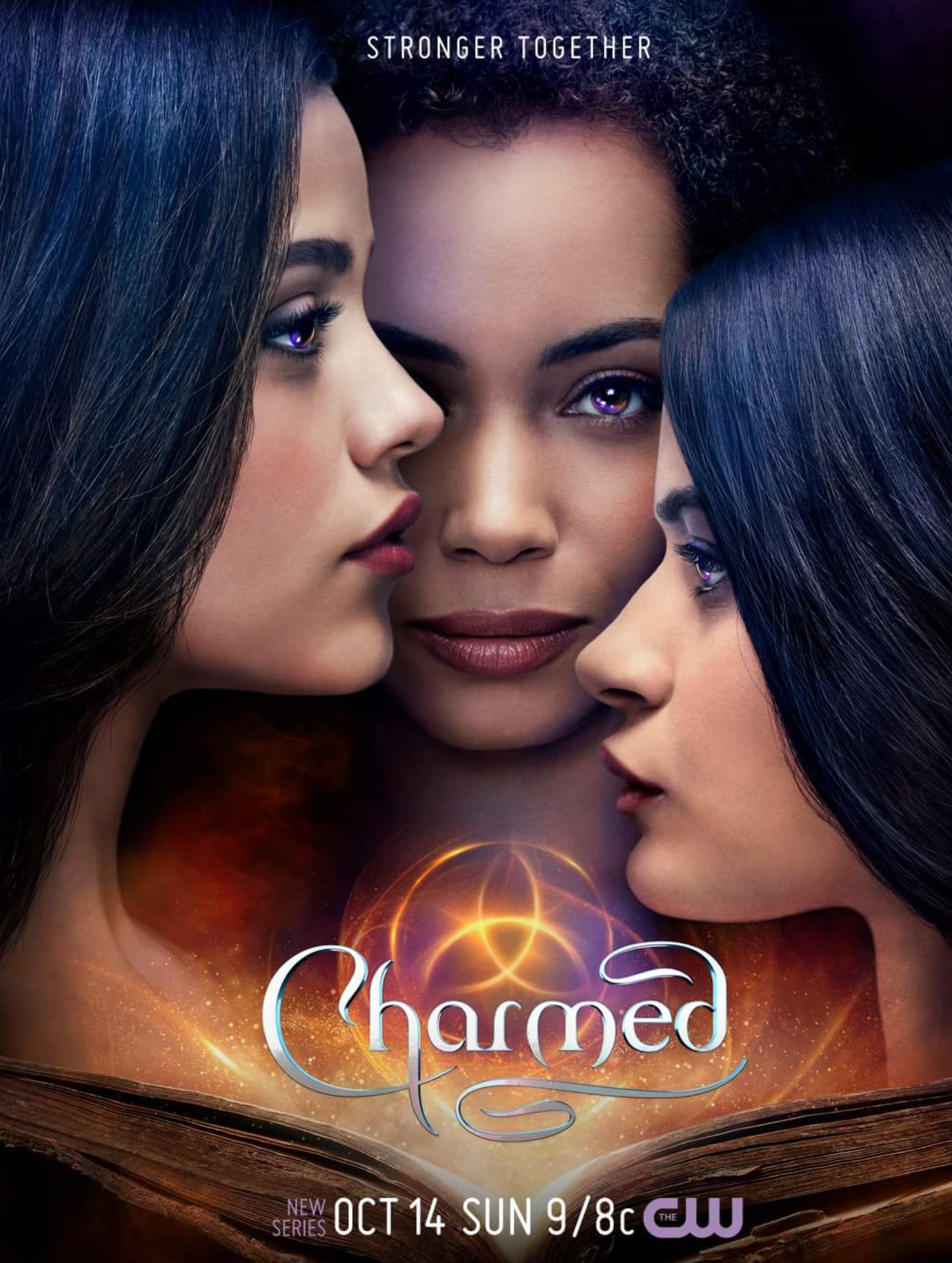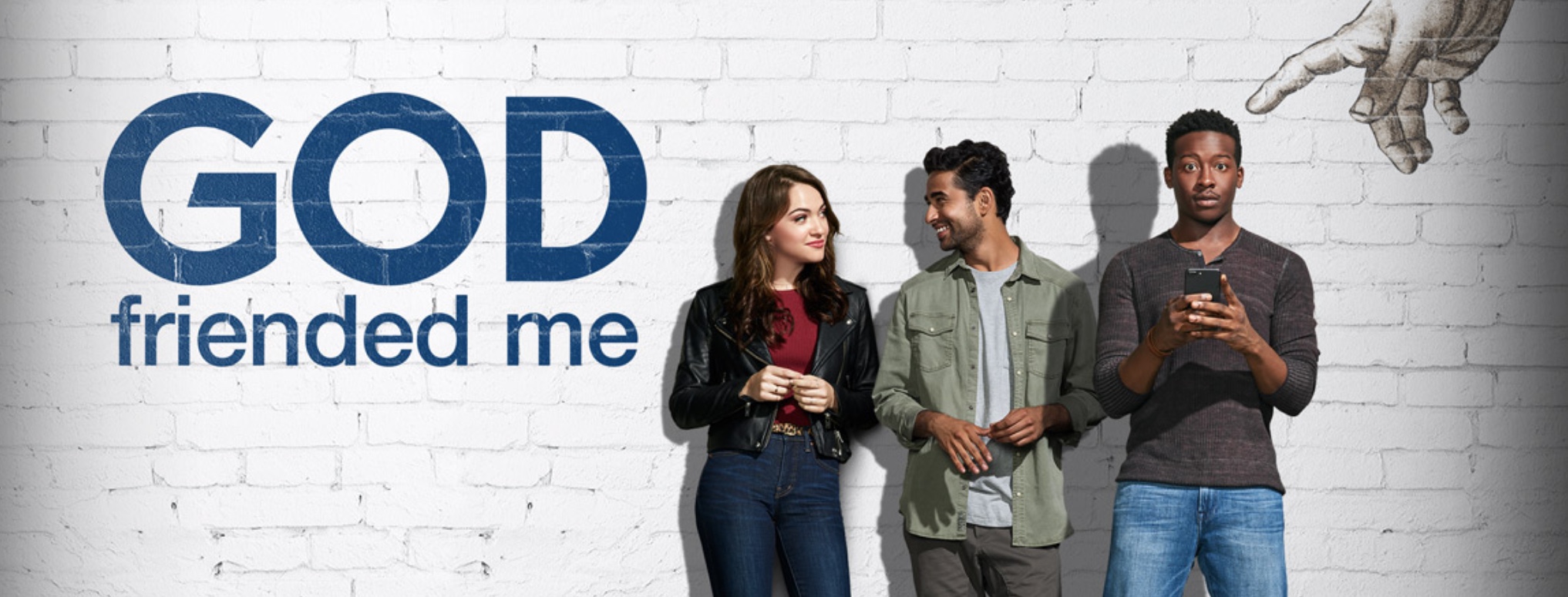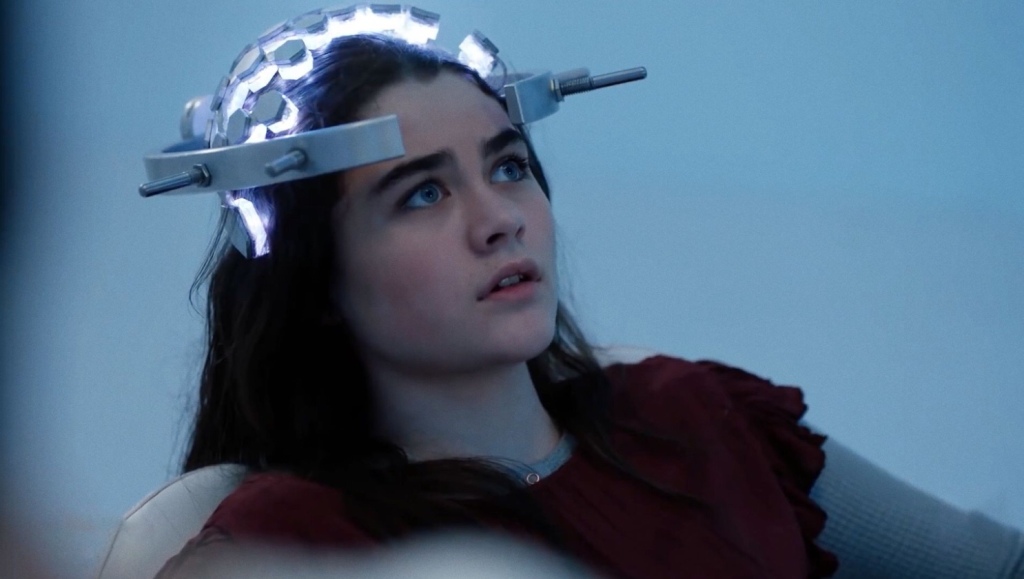
– Photo by the CW
Let’s start with a fact: I expected there to be death in the final season of The 100. After all, this show has killed many of its main characters off. Finn, Kane, Abby, Jasper, Lincoln, Lexa — and those are just the first ones that come to mind. There were many more major and minor characters that have lost their lives in this series, and even more in the wars and Mount Weather of it all. So I expected this season to be a bloodbath.
The problem I’m seeing with this season is that the deaths and destruction that’s happening are being shoved in an overcomplicated plot and they’re simply not done well. I’ve already made the case why Bellamy’s death was a problem. Last week, we lost Gabriel. (His death, fighting to save Madi, would normally have been fine until the last moments where he refused medical help, claiming it was his time. Ok, it might have been his time, but maybe let the doctor examine you first, just in case he can stitch you up and you’d be fine, rather than choosing to bleed out.)
And now, let’s look at Madi. Technically, Madi isn’t dead…yet? She’s still alive, but essentially living in a shell of herself, unable to move. Her consciousness is there — she can see, she can hear — but she can’t do anything else. It’s horrific. But is it…necessary?
Let’s take a look at this. We certainly can’t say that this is unfair because she’s a child. After all, this is the show that, in its first season, had a child kill Wells and then throw herself off a cliff to avoid being killed by an angry mob. Even children aren’t safe in the world(s) of The 100. So putting Madi in peril is only fair game. Even adding her name to the list as a loss. It’s heartbreaking, but in this show, you can’t be entirely surprised.
And having Clarke walk into that room, being too late, and seeing that Madi had lost her life fighting Cadogan would have been an enormous loss for Clarke, the team, and the viewers. It’d be even more upsetting to realize after the fact that Cadogan had gotten what he wanted and killed her in the process. Whatever they’re aiming to do with Clarke in this final season would have easily been pushed forward having walked in on Madi in that state.
But the events that actually unfolded were much worse. Madi was alive and conscious, but her mind was essentially cut off from her body. She couldn’t function. And upon hearing that it couldn’t be fixed, Clarke immediately felt that she needed to put Madi out of her misery — at which point, Octavia took the weapon to do the job. It was a mercy kill. They were only stopped when they realized that Cadogan got what he wanted and they needed to turn their attention to the Final War.
So not only was this turn unnecessary (see above: Clarke would’ve had just as much heartbreak if she found her dead), but it was completely cruel. It was added in simply for shock value: Imagine the worst thing you could imagine Clarke had to do, something worse than killing her own mother or Bellamy. Yep, you’ve got it. Shoot her own daughter.
The other thing here is that the reaction was completely out of character. Yes, Clarke is familiar with the mercy kill, all the way back to season one. But this is her daughter. You expect me to believe that she’d just be like, “Ok, can’t be fixed, gotta die now.” She’d be screaming, desperately trying to find a way to put Madi back together (so to speak). She’d be going through screen after screen to find a way to scientifically connect Madi’s brain back to her body. There’d be nothing stopping Clarke from trying. In fact, I could almost see her pulling a gun on poor Levitt in a desperate attempt to have him fix her before turning it on Madi as a mercy kill.
And even after all that, they just leave her with a quick “I’ll be back.” You’ll be back? For what? You were just about to kill her, so either now she’s still in the personal hell you were trying to save her from through a mercy kill until you return, or she’s waiting for you to come back to kill her. Either way, it’s no surprise we saw a tear falling down Madi’s face.
Overall, it was just a distasteful choice, especially for a young character — a child— on the show. Of course, we won’t know for sure what her fate is until next week (since she’s still alive, I can only hope this means they’ll save her somehow, but who knows). Sure, children are just as at risk in the world(s) of The 100. But to put them through situations like that, simply for a bigger reaction from the viewers, just to say that they did something big near the finale? Well, that’s just an ugly mistreatment of a character.

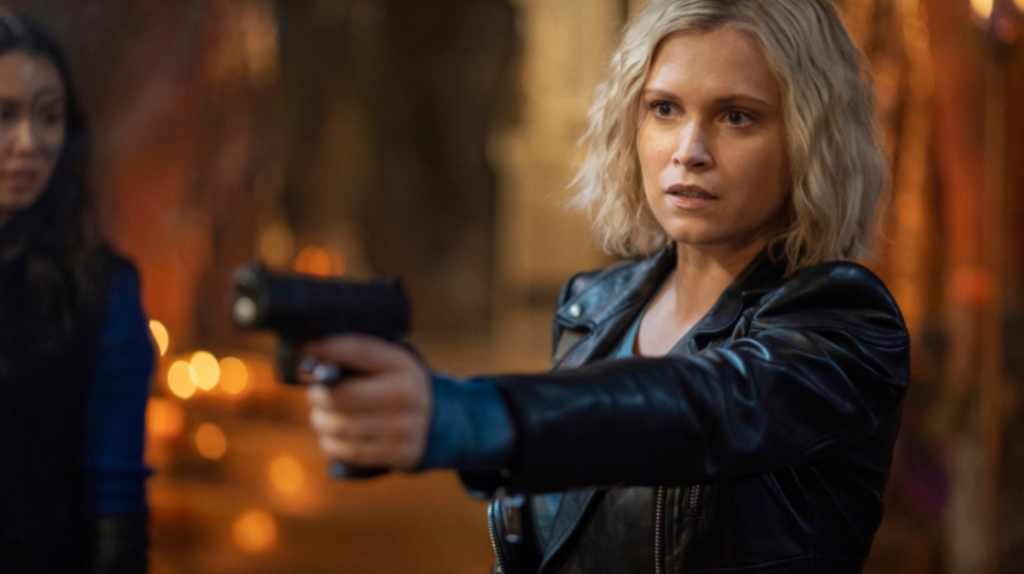
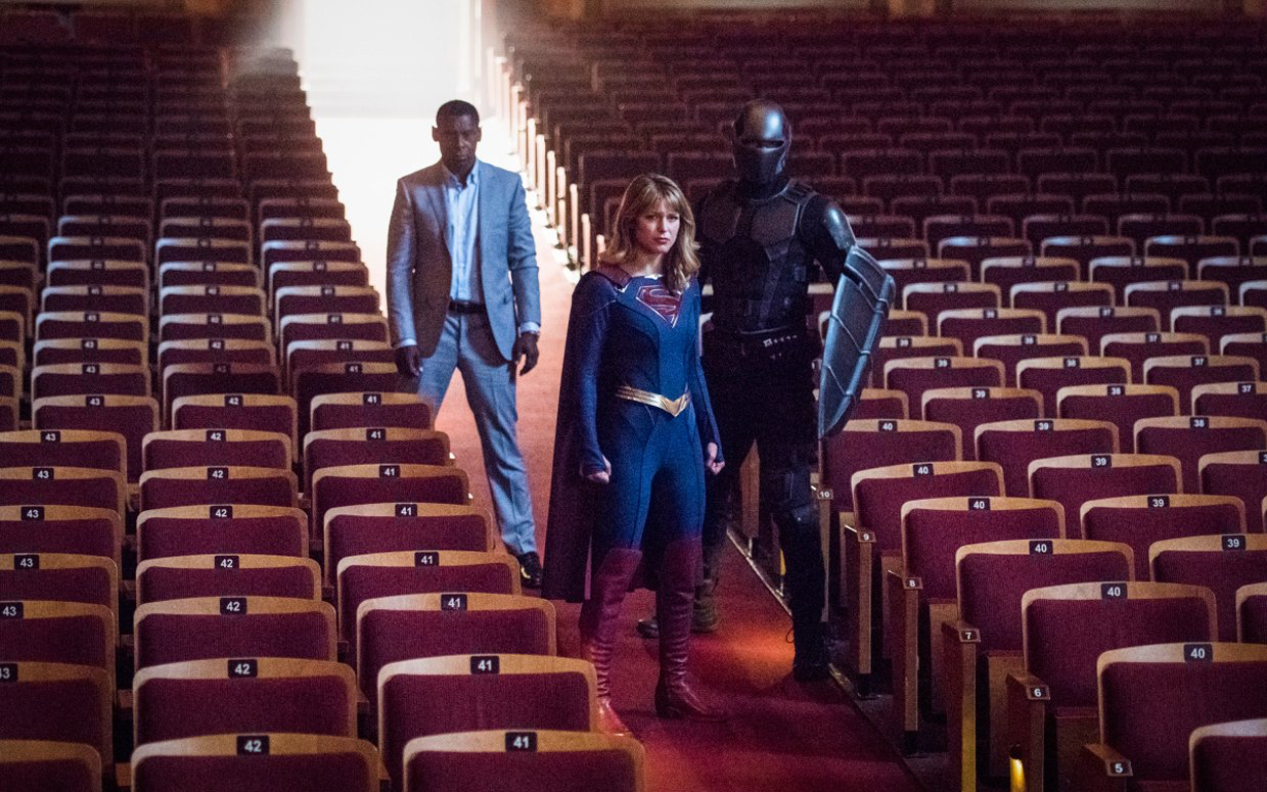
 PERFECT HARMONY: 1.02 “Fork Fest“
PERFECT HARMONY: 1.02 “Fork Fest“